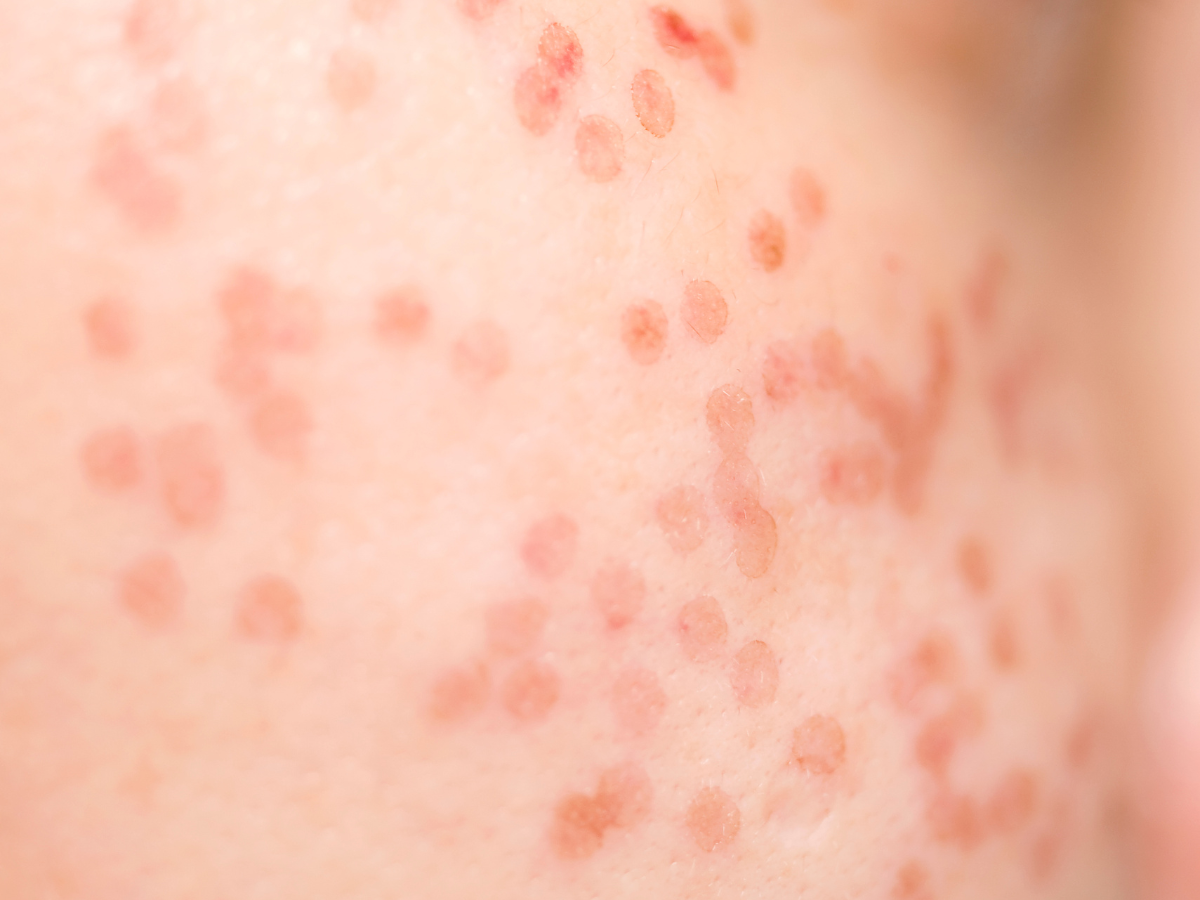Best Ingrown Hair Serum: Top Solutions for Bump-Free Skin
Best Ingrown Hair Serum: Top Solutions for Bump-Free Skin Ingrown hairs can be a painful and frustrating side effect of...

Dermacare refers to the overall care and maintenance of your skin, focusing on treatments that enhance your skin’s health and appearance. Whether you’re dealing with acne, signs of aging, or simply want to maintain a glowing complexion, the right dermacare routine can make all the difference. With so many skincare products and treatments available, creating an effective dermacare routine tailored to your skin type is essential for achieving and maintaining healthy, radiant skin.
In this guide, we’ll explore the importance of dermacare, common treatments, and how to build a skincare routine that works best for your skin.
Dermacare is a comprehensive approach to caring for your skin, including daily skincare routines and specialized treatments provided by dermatologists or skincare professionals. It focuses on addressing various skin concerns such as acne, aging, hyperpigmentation, and sensitivity, while promoting overall skin health.
Key aspects of dermacare include:
Effective dermacare combines everyday skincare with advanced treatments such as chemical peels, microdermabrasion, or laser therapy for deeper skin concerns.
A proper dermacare routine helps keep your skin healthy, glowing, and protected from environmental damage. Just as you take care of your body with diet and exercise, your skin requires attention and care to stay in top condition.
Here’s why dermacare is essential:
There are many dermacare treatments available, ranging from everyday skincare products to advanced in-office procedures. Here are some of the most common dermacare treatments:
Chemical peels are an exfoliating treatment that removes the outer layer of dead skin cells, revealing fresher, smoother skin underneath. They can treat fine lines, acne scars, hyperpigmentation, and sun damage.
Learn more about how chemical peels work to rejuvenate the skin.
Microdermabrasion is a non-invasive treatment that uses a special device to gently exfoliate the skin’s surface. It helps remove dead skin cells, unclog pores, and improve skin texture and tone.
Laser therapy is used to target various skin issues such as acne scars, pigmentation, and wrinkles. The laser light penetrates deep into the skin, promoting collagen production and skin regeneration.
Retinoids are derivatives of Vitamin A that help speed up cell turnover, reduce the appearance of fine lines, and treat acne. They are available over the counter or by prescription, depending on the strength.
Learn more about the benefits of retinoids for anti-aging and acne treatment.
Building an effective dermacare routine requires understanding your skin type, concerns, and goals. Here’s a step-by-step guide to creating a routine that works for you:
Before starting any skincare routine, it’s essential to know whether your skin is oily, dry, combination, or sensitive. This helps you choose the right products and treatments for your needs.
Your daily dermacare routine should include basic products that address your skin’s needs while keeping it clean, hydrated, and protected. Here’s a simple routine to follow:
Learn more about the importance of daily sunscreen use in your dermacare routine.
Incorporate specialized treatments such as retinoids, chemical peels, or brightening serums to tackle deeper skin concerns like fine lines, acne scars, or hyperpigmentation.
Consistency is essential for seeing long-term results. Stick to your dermacare routine, and remember that changes won’t happen overnight—especially when using treatments like retinoids or chemical exfoliants.
While at-home skincare routines are effective for daily maintenance, certain skin concerns may require professional dermacare treatments. Consider seeing a dermatologist if you experience:
Dermacare is all about maintaining and improving your skin’s health and appearance with the right products and treatments. Whether you’re addressing acne, fine lines, or dryness, creating a customized dermacare routine can help you achieve long-lasting, glowing skin. With consistent care, regular exfoliation, hydration, and protection from sun damage, you’ll see improvements in your skin’s texture, tone, and overall radiance.
Start incorporating these dermacare tips into your daily routine and experience the benefits of healthy, beautiful skin!
Best Ingrown Hair Serum: Top Solutions for Bump-Free Skin Ingrown hairs can be a painful and frustrating side effect of...
Best Serum for Discoloration: Top Products to Brighten Skin Skin discoloration, whether caused by sun exposure, acne scars, or aging,...
Dead Skin Cleanser: The Best Cleansers for Dead Skin Cells Exfoliating dead skin cells is key to maintaining a smooth,...